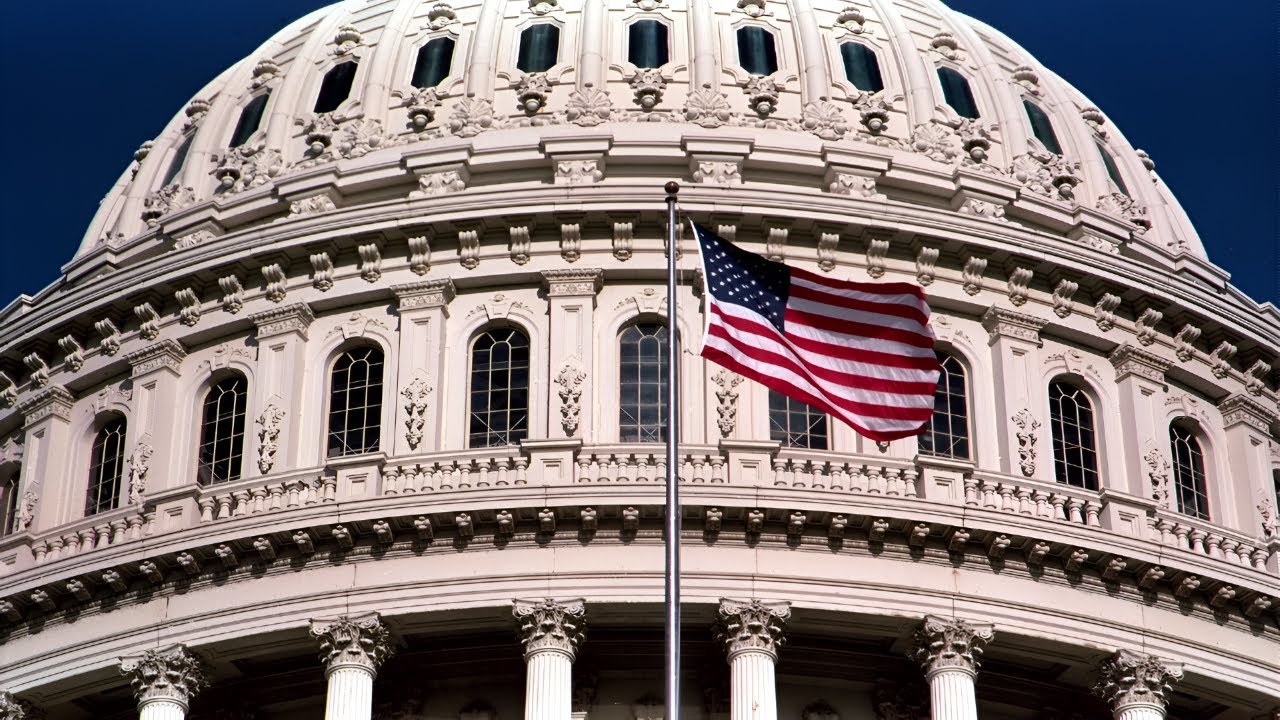Politics
Fentanyl Criminalization Bill Headed To Trump’s Desk Also Makes It Easier To Study Marijuana, Congressman Says

Congress has passed a bill that is primarily focused on permanently banning analogues of fentanyl, though it also contains provisions that one GOP lawmaker said would remove barriers to conducting research into the risks and benefits of marijuana and other Schedule I drugs.
The House passed the Halt All Lethal Trafficking of (HALT) Fentanyl Act in a 321-104 vote on Thursday. The legislation cleared the Senate in March and next heads to President Donald Trump’s desk.
The bill is virtually identical to a House version that was approved by the chamber in February, drawing criticism from advocates who voiced concerns about the primary intent to criminalize people over a wider array of controlled substances.
But other components of the measure, as Rep. Morgan Griffith (R-VA) explained on the floor on Wednesday, would streamline research into Schedule I drugs like marijuana.
“What we did in this bill—and I think it’s something that everybody on the floor can be proud of—is we put into this bill the capability to do extensive research by our research universities, by the [National Institutes of Health and] by the [Food and Drug Administration],” Griffith said.
“This bill has the component parts to make that possible, unlike our Schedule I on marijuana, which never allowed research, or realistic research, and created some of the dilemmas that we have today with that substance,” he said. “We fixed that with this bill.”
For advocates, the problem is with the crux of the legislation, which would classify fentanyl-related substances as Schedule I drugs under the Controlled Substances Act (CSA), including analogues that haven’t been proven to carry the same risks as the most well-known potent opioid. They say the scheduling action would increase mandatory minimum sentences, reflecting an outmoded war on drugs mentality that would contribute to mass incarceration.
This marks the third time the House has approved the HALT Fentanyl Act.
Maritza Perez Medina, director of federal affairs at the Drug Policy Alliance (DPA), after House passage of the earlier version in February that the “only thing the HALT Fentanyl Act will do is halt the health approaches that our communities need to stay alive.”
“This counterproductive bill will block health solutions to the overdose crisis, exacerbate racial disparities in the criminal legal system, and lead to an even more potent, unknown drug supply,” she said.
Despite the bill’s main punitive-focused thrust, other provisions of the HALT Fentanyl Act that aim to expedite registrations for studies into Schedule I drugs such as cannabis.
Some of the research provisions of the bill are similar to those contained in a marijuana-focused measure that former President Joe Biden signed into law in 2022.
Under the legislation, a research applicant who is actively registered with the Drug Enforcement Administration (DEA) to study Schedule I and II drugs would need to have their request assessed within 30 days of sending a notice to the Justice Department.
A non-registered applicant would have to have their submission considered within 45 days of sending the notice.
The measure also states that research that’s being conducted or funded by federal agencies like the U.S. Department of Health and Human Services (HHS) would qualify for expedited processing.
Further, the bill says that duplicative registrations would no longer be required for all researchers involved in an approved study of a Schedule I substance if they’re all part of the same research institution.
However, while it would also provide for the limited manufacturing of controlled substances by researchers, there’s a specific exemption for cannabis with respect to the manufacturing provisions.
Louisiana Senate Votes To Create Psychedelics Task Force Focused On Benefits For Military Veterans
















